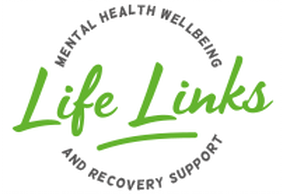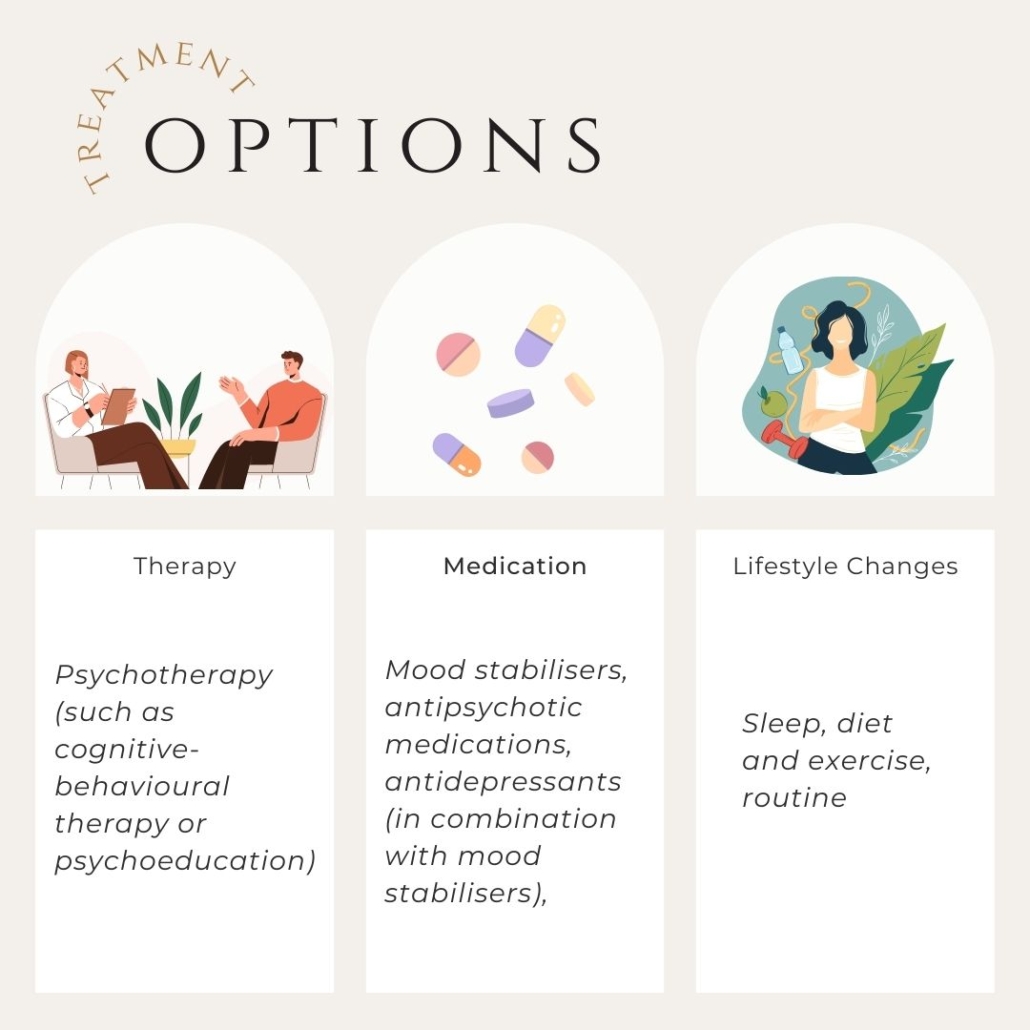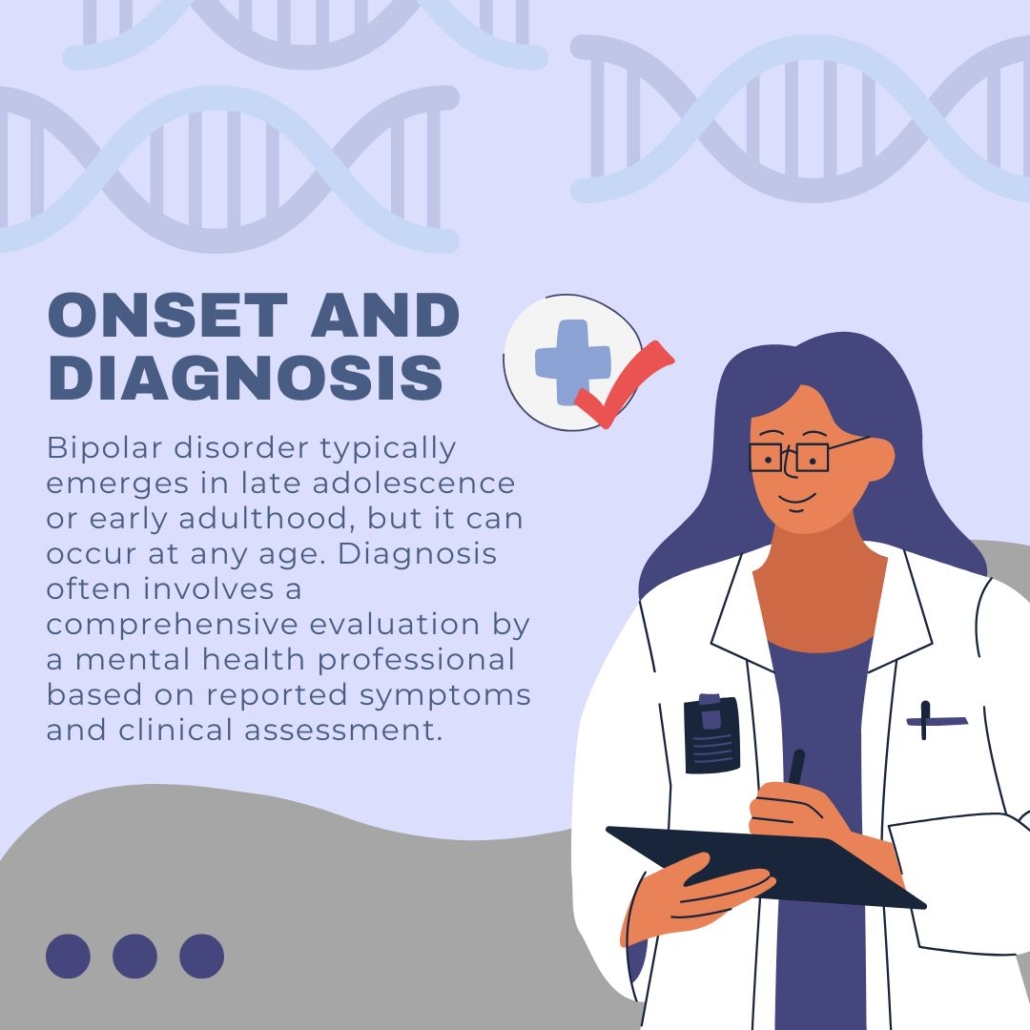
Written by Aarya
Common Myths about Bipolar Disorder
Myth: The Highs and Lows Happen in Regular Cycles
Fact: Bipolar disorder, which used to be called manic depression, is a lot messier and unpredictable than that. Some people have symptoms of both mania and depression at the same time. Also, these symptoms do not happen in any kind of regular pattern. For some people, symptoms only show up once or twice a year.
Myth: There Is Only One Type of Bipolar Disorder
Fact: There are actually several types of bipolar disorder, including Bipolar I disorder, Bipolar II disorder, and Cyclothymic disorder. Each type presents with varying degrees of manic and depressive episodes, with some individuals experiencing milder symptoms than others.
Myth: You Can Get a Test to Diagnose It
Fact: There is no single test that shows for sure that you have bipolar disorder. Diagnosis involves a comprehensive evaluation by a mental health professional, considering symptoms, medical history, and physical examination. Laboratory tests may be conducted to rule out other conditions, and diagnosis is often based on criteria outlined in the DSM-5.
Myth: Bipolar disorder is untreatable
Fact: Bipolar disorder is a treatable condition. With proper medication, therapy, and lifestyle adjustments, many individuals with bipolar disorder can manage their symptoms effectively and lead fulfilling lives.
Myth: People with bipolar disorder are violent or dangerous
Fact: Individuals with bipolar disorder are not inherently violent or dangerous. Sensationalised portrayals in media contribute to this misconception. In reality, people with bipolar disorder are more likely to be victims of violence than perpetrators.
Facts about Bipolar
Why spread awareness?
Raising awareness about bipolar disorder is crucial for several reasons:
- Reducing Stigma: Misconceptions and stigma surrounding bipolar disorder can prevent individuals from seeking help and support. By increasing understanding and empathy, we can create a more inclusive and supportive environment for those affected by the condition.
- Promoting Early Intervention: Early diagnosis and intervention are key to managing bipolar disorder effectively. Awareness campaigns can encourage individuals to recognize symptoms, seek help, and access appropriate treatment and support services.
- Empowering Individuals: Knowledge is empowering. By providing information about bipolar disorder, individuals can better understand their experiences, seek appropriate support, and make informed decisions about their mental health.
How Can You Raise Awareness?
Here are some ways you can participate in spreading awareness on World Bipolar Day and beyond:
- Share Information: Utilize social media platforms, blogs, or community forums to share facts, personal stories, and resources about bipolar disorder. Educate others about the symptoms, treatment options, and available support services.
- Organize Events: Host educational seminars, workshops, or support group meetings in your community to discuss bipolar disorder, share experiences, and provide guidance on seeking help.
- Support Advocacy Efforts: Get involved in advocacy campaigns aimed at challenging stigma, promoting mental health awareness, and advocating for improved access to mental health services.
Steps to seek help and resources
If you or someone you know may be experiencing symptoms of bipolar disorder, taking the following steps can be crucial:
Reach Out to a Healthcare Professional
Schedule an appointment with a primary care physician or mental health professional to discuss symptoms and concerns. They can provide a comprehensive assessment and recommend appropriate treatment options.
Seek Support
Joining support groups or seeking counseling can provide valuable emotional support, practical advice, and coping strategies for managing bipolar disorder.
Educate Yourself
Learn as much as possible about bipolar disorder, including its symptoms, triggers, and treatment options. Knowledge empowers individuals to actively participate in their treatment and recovery journey.
Access Treatment
Treatment for bipolar disorder typically involves a combination of medication, psychotherapy, and lifestyle adjustments. Work closely with healthcare providers to develop a personalized treatment plan that addresses your specific needs and goals.
Bipolar UK
Psychoeducational materials, peer support groups, resources and much more relating to Bipolar.
Conclusion
World Bipolar Day serves as a reminder of the importance of understanding, compassion, and support for individuals living with bipolar disorder. By raising awareness, challenging stigma, and promoting access to resources and support services, we can create a more inclusive and supportive environment for all those affected by bipolar disorder. Together, let us strive to build a world where mental health is prioritized, and every individual feels understood, accepted, and supported on their journey towards wellness. #BipolarStrong.










